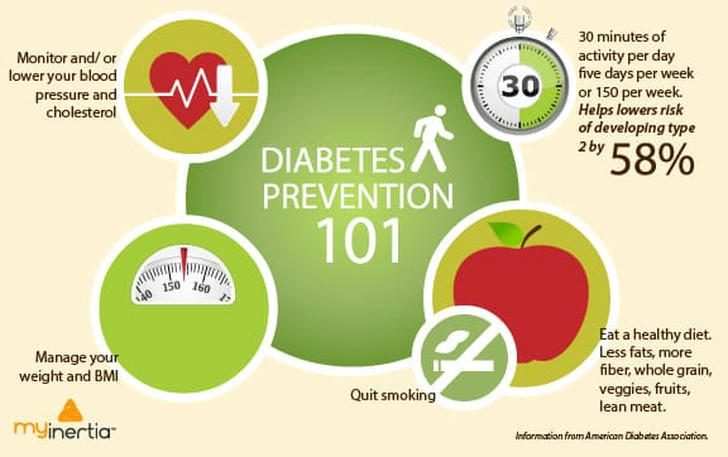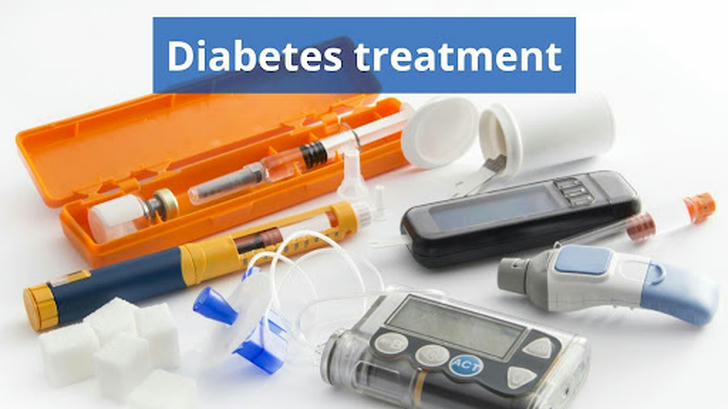Global Diabetes Status and Solutions
The number of people with diabetes continues to rise globally and has become a serious public health problem. According to the International Diabetes Federation (IDF), the number of people with diabetes worldwide is now in the hundreds of millions, and this number is expected to continue to grow in the coming decades.
In terms of the recovery rate of patients, diabetes, as a chronic disease, is still incurable, but through reasonable diet control, regular exercise and drug treatment, most patients' conditions can be effectively controlled, and the quality of life has been significantly improved. However, due to the numerous and severe complications of diabetes, patients need to be managed for a lifetime, which poses a huge challenge to global healthcare systems and socio-economic.
Ways to prevent diabetes

Diabetes is a global chronic disease whose incidence is increasing year by year, placing a heavy burden on individual health and social economy. Therefore, it is particularly important to prevent the occurrence of diabetes. The key to preventing diabetes is a healthy lifestyle.
Firstly, a balanced diet is the foundation, which should reduce the intake of foods high in sugar, fat and salt, and increase the proportion of vegetables, fruits and whole grains to maintain stable blood sugar. For example, a middle-aged woman is diagnosed with diabetes and is at risk for cardiovascular disease. She began following a Mediterranean diet that included plenty of fruits, vegetables, whole grains, nuts, olive oil, and moderate amounts of fish and poultry. As a result, her blood sugar and cholesterol levels improved, she lost weight and felt more energetic.
Second, regular physical exercise, such as aerobic exercise such as brisk walking, swimming or cycling, helps to improve the body's sensitivity to insulin and lower blood sugar levels. In addition, maintaining a healthy weight is also an important measure to prevent diabetes, which can increase the risk of being overweight or obese. Finally, avoid smoking and excessive drinking, these bad habits will damage the body function and increase the probability of disease.
Foods that are good for diabetes

Dietary modification plays an important role in the management of diabetes mellitus. Certain foods have been shown to be particularly beneficial for people with diabetes due to their unique nutritional profile and health benefits. For example, fiber-rich foods such as oats, beans, and vegetables not only help control blood sugar levels, but also promote gut health.
In addition, fish rich in Omega-3 fatty acids, such as salmon and trout, are good for cardiovascular health and can reduce the risk of heart disease in people with diabetes. Nuts such as almonds and walnuts contain healthy fats and proteins that help keep blood sugar stable. At the same time, anti-inflammatory foods such as ginger and garlic can reduce inflammation and have a positive effect on managing diabetes complications.
Diabetes treatment and drugs

The treatment of diabetes requires comprehensive consideration of the specific conditions of patients and the formulation of personalized treatment plans. The main goal of treatment is to reduce the risk of complications by controlling blood sugar levels. Drug therapy is one of the important means of diabetes management. Oral hypoglycemic agents such as metformin, sulfonylureas, and DPP-4 inhibitors help lower blood sugar through different mechanisms.
For example, a 65-year-old woman with poor blood sugar control on medication had an HbA1c of 8.0%.
Intervention: The doctor introduced her to GLP-1 receptor agonists (such as liraglutide) while continuing to use metformin. She also adjusted her diet and exercise accordingly.
Results: After 3 months, her HbA1c dropped to 6.8%. He lost about 5 kilograms and his overall health improved significantly.
For people with type 1 diabetes, insulin therapy is necessary because their bodies cannot produce insulin. There are many types of insulin, including fast-acting, short-acting, medium-acting and long-acting insulin, and the doctor will choose the right type and dose based on the patient's lifestyle and response to treatment. In addition, lifestyle changes, such as diet control, regular exercise, and weight management, are also important components of the treatment plan.
